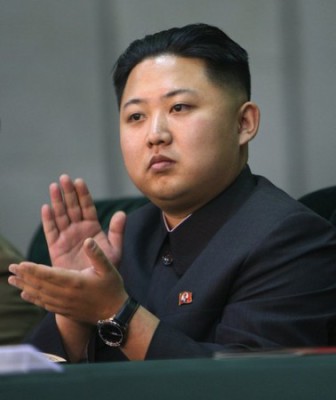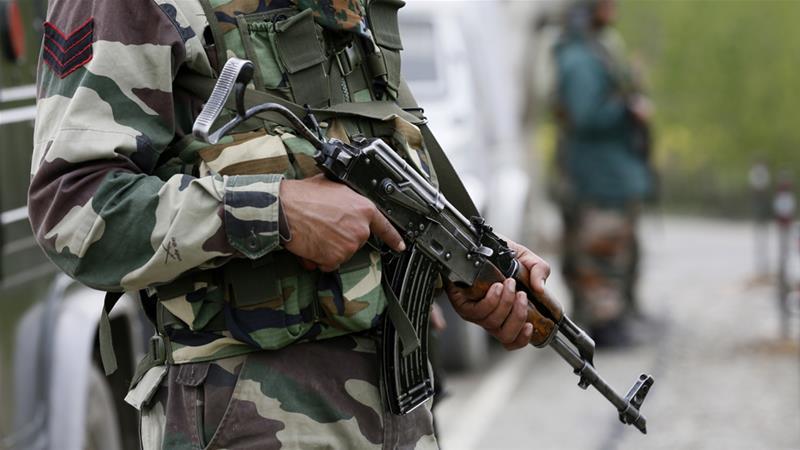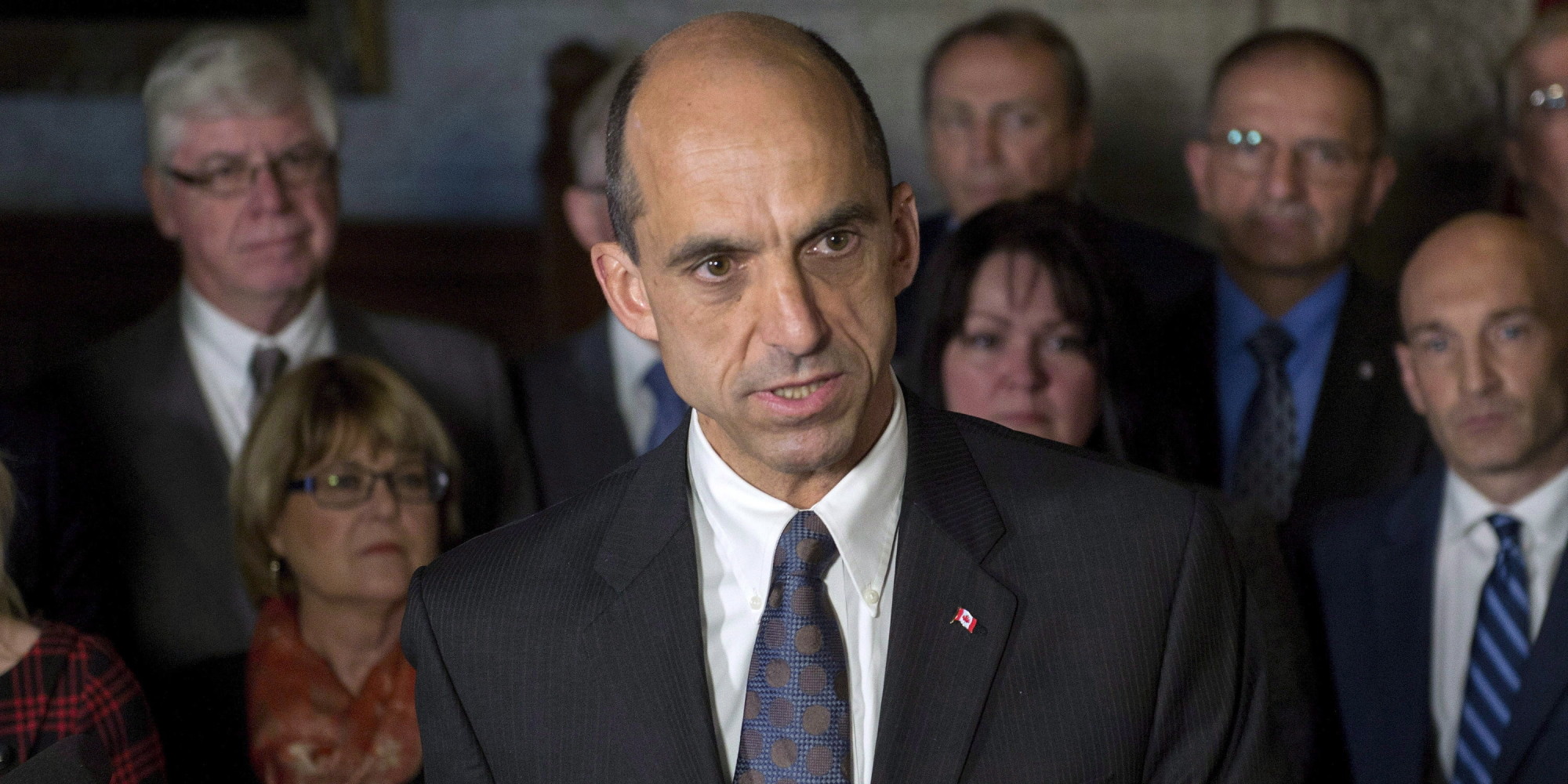On March 11, 2013, North Korea announced its withdrawal from the longstanding armistice agreement that ended the Korean War in 1953. In addition, North Korea announced the dismantlement of the North-South hotline, which was established in 1971 as a means of establishing direct communication during periods of great tension. With the North having conducted its third nuclear test, many fear that a full-blown confrontation could erupt along the peninsula.
[captionpix align=”left” theme=”elegant” width=”320″ imgsrc=”http://natoassociation.ca/wp-content/uploads/2013/03/4highres_00000402354422.jpg” captiontext=”Chinese support of recent UN sanctions is a clear illustration of North Korea’s growing isolation.”]
The Final Straw? International Sanctions
While tensions along the Korean Peninsula have remained high since North Korea conducted its third nuclear test on February 12, these latest threats have been sparked by a recent U.N. vote to tighten sanctions against the regime of Kim Jong-Un. The resolution, passed in response to the North’s recent nuclear test, builds upon a number of current financial and diplomatic sanctions intended to halt the further expansion of the country’s nuclear program. By banning countries from engaging in financial dealings with North Korean business firms and banks, the sanctions have been crafted to limit North Korean access to the global economic system. Furthermore, the sanctions place a number of travel restrictions on the North Korean leadership, as well as ban the export of luxury goods to the country.
Unlike previous attempts at punishing the North Korean leadership however, these sanctions appear to be more widespread in nature. As stated by American Ambassador to the UN Susan Rice, “North Korea will be subject to some of the toughest sanctions imposed by the United Nations. The breadth and scope of these sanctions is exceptional and demonstrates the strength of the international community’s commitment to denuclearization.” As such, the sanctions demonstrate the international community’s impatience over the North’s continued violation of its treaty obligations.
Furthermore, unlike previous attempts at shielding its close ally, the resolution was co-sponsored by China, illustrating its deep concern over tensions in the region and the expansion of the North’s nuclear program. Speaking on the sanctions, China’s U.N. envoy, Li Baodong stated, ” The adoption of the resolution… is not for the sake of sanctions. The top priority now is to defuse the tension, bring down the heat, focus on [the] diplomatic track.”
The Defiant Proliferator: North Korean Rhetoric
In addition to their severity, the sanctions appear to be eliciting a more threatening response on the part of the North Korean regime. Although its recent rhetoric is not unusual, it does however illustrate the North’s apparent willingness to escalate the conflict into a nuclear confrontation. Following the unanimous U.N. vote on March 7, the state-run Committee for the Peaceful Reunification of Korea announced that North Korea “abrogates all agreements of non-aggression reached between the North and the South.”
[captionpix align=”right” theme=”elegant” width=”320″ imgsrc=”http://natoassociation.ca/wp-content/uploads/2013/03/hi-northkorea-852.jpg” captiontext=”International sanctions appear to be eliciting a more threatening response on the part of the North Korean regime.”]
What is rather troubling is the increased rhetoric and the intensity of the threats issued against the United States and South Korea. Again following the adoption of the U.N. resolution, North Korea warned the Security Council (UNSC) “not to make another big blunder like the one in the past when it earned the inveterate grudge of the Korean nation by acting as a war servant for the U.S in 1950.” The North even demanded that the UNSC immediately dismantle the American-led U.N. command that is currently based in the Southern capital.
North Korean anger towards the U.S has greatly intensified, to the point that it has made bold, albeit unsurprising, threats of nuclear attack. At a rally in Pyongyang, where thousands of North Koreans were allegedly protesting against recent American-South Korean military drills, Army General Kang Pyo Yang told the crowd that North Korea is ready to fire long-range nuclear armed missiles at Washington. “Intercontinental ballistic missiles and various other missiles…are now armed with lighter, smaller and diversified nuclear warheads and are placed on standby status. When we shell the missiles, Washington, which is the stronghold of evils …will be engulfed in a sea of fire.” Following the recent nuclear test and rocket launches, where North Korean designs have become more sophisticated and miniaturized, this threat appears menacing.
South Korean & American Reactions
With the U.S and South Korea remaining firm in the face of North Korean actions—as they should be—the risk of confrontation does not appear that remote. In response to the North’s provocative behavior, both South Korean military and political leaders have issued stern warnings of retaliation should the North attack first. At a news conference on March 6th, Maj. Gen. Kim Yong-hyun, chief operations officer at the Office of the Joint Chiefs of Staff, stated, “If North Korea attempts a provocation that threatens the lives and security of our people, our military will forcefully and decisively strike not only the origin of provocation and its supporting forces but also its command leadership.”
Alongside the public warnings issued by the armed forces, the South Korean political leadership has remained firm in the face of current tensions. On February 14, the South Korean parliament passed a nearly unanimous resolution condemning the recent nuclear test. In her inaugural address as well, South Korean President-Elect, Park Geun-hye stated, “North Korea’s recent nuclear test is a challenge to the survival and future of the Korean people, and there should be no mistake that the biggest victim will be none other than North Korea itself.”
In the face of North Korean statements and actions as well, the U.S has demonstrated an unshakeable commitment to South Korean security, a role that will greatly shape the course of events. Speaking on the North’s test, U.S President Barack Obama referred to it as a “highly provocative act” that undermines regional stability. As well, President Obama reaffirmed American security guarantees to the South in the event of an attack. As stated by President Obama, “The United States remains vigilant in the face of North Korean provocations and steadfast in our defence commitments to allies in the region.”
The firmness, coupled with the unpredictable and irrational nature of North Korean decision-making makes the situation more dangerous. As shown by the anti-American rhetoric, North Korea views American involvement along the peninsula as an affront to its regional ambitions. Despite this hostile attitude however, the U.S will remain firm so as to ensure the credibility of its military umbrella.
Only Time Will Tell
Considering how the Korean Peninsula has been a fragile epicenter of conflict since the end of the Korean War, it is not certain whether current developments could be the last straw for the two sides. As a failed state, becoming increasingly isolated by the international community, as shown by Chinese support for recent sanctions, such outlandish behavior is no longer sustainable. With sanctions against the country increasing in severity, it will only be a matter of time before the regime of Kim Jong-Un will be forced back to talks regarding its nuclear program. Until then, South Korean and American leaders must exercise great patience and restraint in their responses to North Korean provocations.




